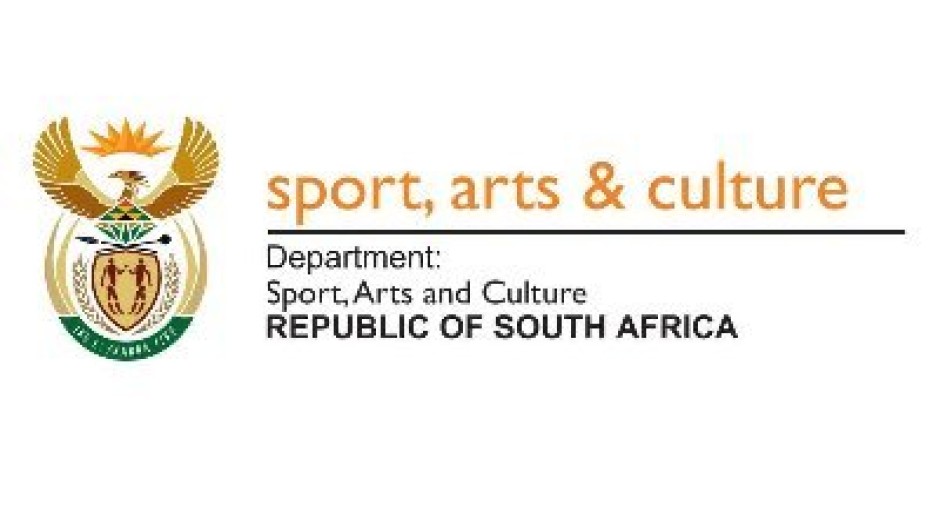SPONSORED - Department of Sport, Arts and Culture (DSAC) in collaboration with its Provincial Departments and various entities will lead the launch the roadmap of the International Decade of Indigenous Languages in the month of October 2022.
Background
In February 2020, more than 500 participants from 50 countries met in Mexico City to discuss a roadmap for the International Decade of Indigenous Languages (2022-2032). The Los Pinos Declaration was adopted after a two-day event organised by the United Nations Educational, Scientific and Cultural Organisation (UNESCO) and Mexico.
The Declaration calls for the implementation of the internationally recognised rights of indigenous people. It emphasises indigenous peoples’ rights to freedom of expression, to an education in their mother tongue and to participate in public life using their languages as prerequisites for the survival of indigenous languages.
It is against this background that the national Department of Sport, Arts and Culture and its strategic partners will launch the Decade of indigenous languages on the Monday, 11 October 2022 at the Ditsong Cultural Museum in Pretoria.
Also, in a resolution adopted by the UN General Assembly on 18 December 2019, the UN called upon the world to take urgent steps at provincial, national and international level to use and preserve indigenous languages.
The resolution came at the close of the 2019 International Year of Indigenous Languages, over which the UN presided, and recognised that one year was not enough time to put in place the necessary programmes and processes to ensure success. The proclamation of a decade is strongly supported by a wide range of stakeholders. The UN General Assembly in New York adopted resolution no. A/RES/74/135, which proclaimed the period 2022-2032 as the International Decade of Indigenous Languages.
Key Objectives
The International Decade of Indigenous Languages is based on some of the following objectives:
- To recognise the significance of indigenous languages to social cohesion and nation building;
- To raise global awareness about the importance of indigenous languages for sustainable development, peace, nation building and reconciliation;
- To create awareness about indigenous peoples’ linguistic rights through activities that focus on policy development and implementation;
- To investigate the language problems associated with the low profile of indigenous languages in South African higher education;
- To promote South African Sign Language (SASL) and the Khoi, San, and Nama languages;
- To explore the various opportunities available for the integration of information communication technology and indigenous South African languages, and to discuss the related challenges.
Key partners of the International Decade of Indigenous Languages include:
- Department of Basic Education
- Department of Higher Education and Training, and
- Department of Science and Innovation.
- Pan South African Language Board (PanSALB)
- National Library of South Africa (NLSA)
- National Heritage Council (NHC)
- Universities

